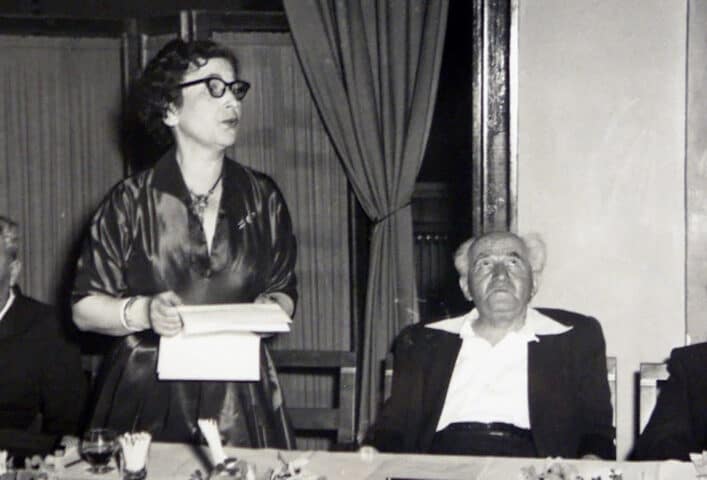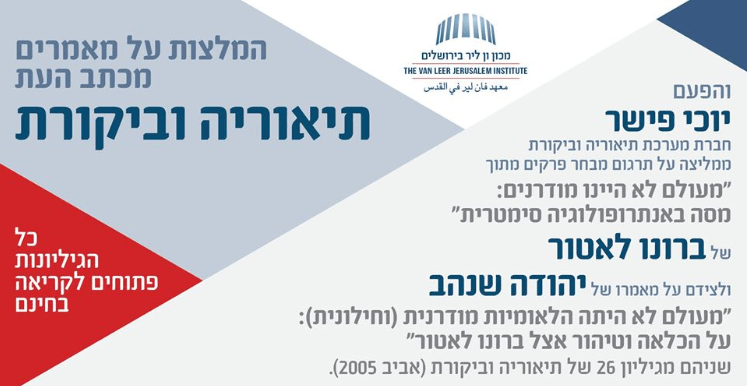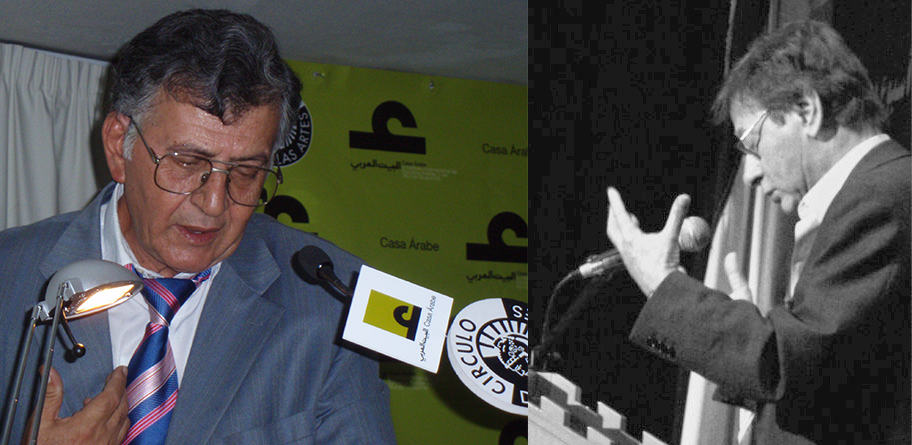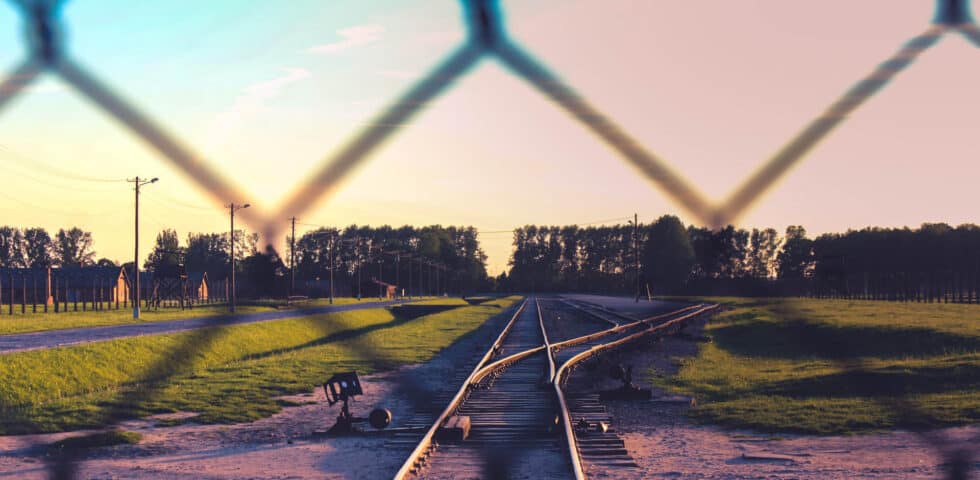Opinion: LGBTQ without borders
Daniel Jonas | 31.05.2021 | Photo: The 2018 pride parade in Jerusalem, Daniel Jonas
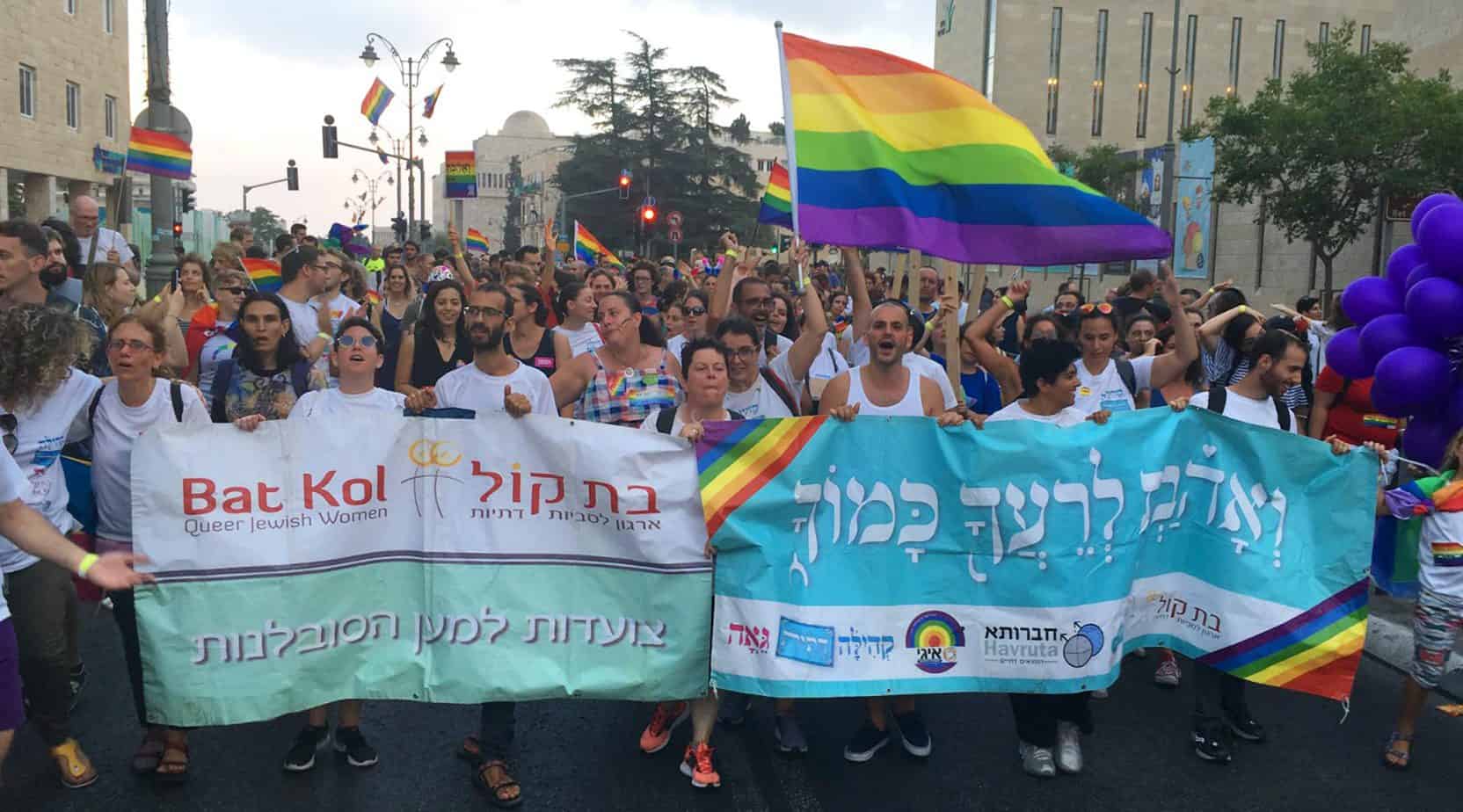
This week the pride parade will be held in Jerusalem again, after it was canceled last year due to the coronavirus pandemic. In the coming days the question is bound to be asked yet again: what does this parade have to do with Jerusalem? Why should the holy city hold this parade, which some perceive as sexual and provocative? Daniel Jonas will answer these questions from his perspective and from their broader contexts.
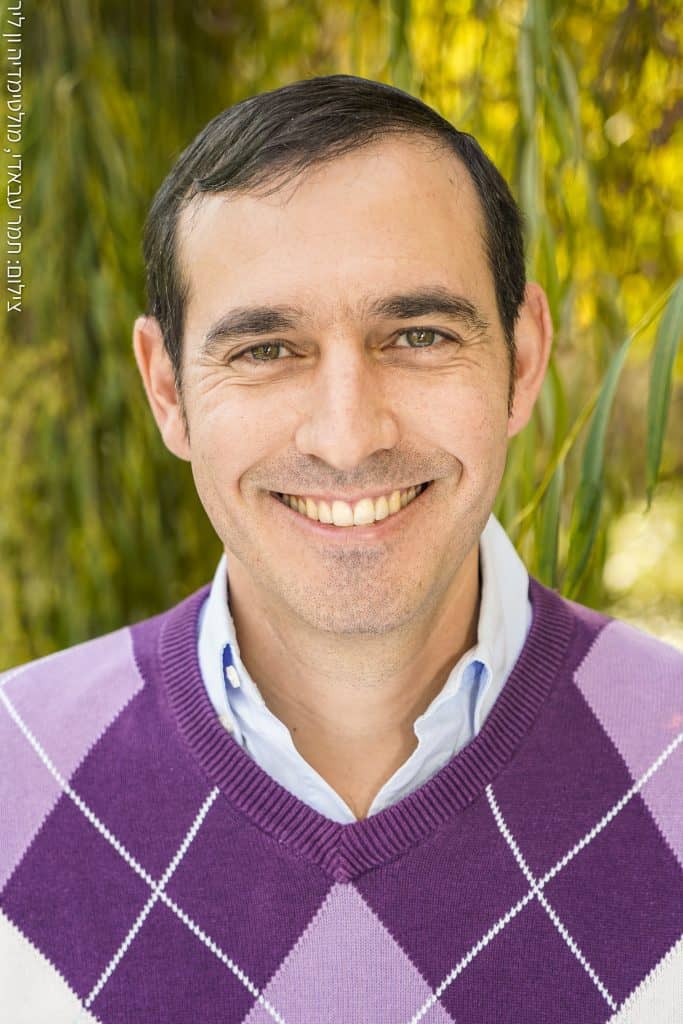
As a native resident of Jerusalem, who has been active for more than a decade in the religious gay community, my answer is clear: a different sexual and gender identity has no boundaries: neither physical, nor religious, nor ethnic. LGBTQ people can be found in every community and society. True, there are places where it is easier to come out of the closet and live in accordance with your sexual and gender identity, but it does not mean there are no people “like that” even in places where it is harder to come out and be yourself.
In this context we at the Van Leer Jerusalem Institute held a lecture series about gender and sexuality in the Middle East, from the question of the sexual identity of Shabbetai Zevi to LGBTQ characters in the Arab cinema today. The idea for the series arose from the feeling that in recent years this area has sparked public and research interest, yet discussion of its Middle Eastern context is still scant and remains largely out of our sight.
One of the difficulties we encountered in organizing the series was organizing events focused on groups other than gay men, within the LGBTQ community. Oppressed groups like women and trans people are less exposed and documented, and the results of that oppression impact the objects of the research, and therefore also the contents of this series. Pride parades in general, and the one in Jerusalem in particular, present the range of groups within the gay community, and give space and place to personal expression that is not available in everyday life.
The week of the pride parade is an opportunity to rewatch the series that opened a window to a whole world that has not yet been sufficiently studied and brings out other voices.

